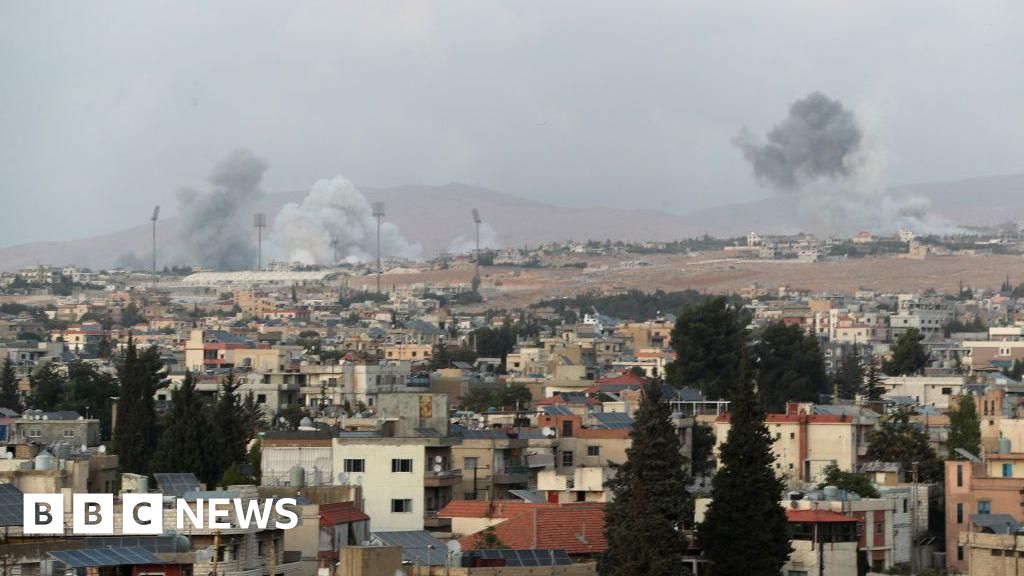Place your adverts here on InfoDig @ low rates; banner ads, sponsored links and guest articles etc. Contact us
The Lagos Chamber of Commerce and Industry has urged the federal government to adopt a holistic approach to tackling inflation.
Chinyere Almona, FCA Director General LCCI, in a statement, urged the government to address inflation by boosting local production, stabilising energy and transportation costs, and aligning monetary and fiscal policies.
The Lagos chamber acknowledged the many efforts by the government towards easing inflation, noting the marginal drop in the August headline inflation to 32.15 percent from 33.40 percent in July.
“The marginal drop in inflation reflects some level of policy impact. Still, it is insufficient to address the deep-rooted challenges contributing to high inflation, particularly in food and core inflation categories.
“The LCCI remains concerned that food inflation surged to 37.52 percent year-on-year, with core inflation reaching 27.58 percent, both of which highlight severe pressure on the purchasing power of Nigerians.
Read also: Worsening insecurity, high logistic costs fuel rising poultry feeds
The chamber noted that beyond the pains of petrol price hikes, a bigger problem is the controversies around the pricing dynamics of both imported and locally refined petroleum products.
“It is disturbing to note that the Nigerian National Petroleum Corporation Limited (NNPCL) and the Dangote Refinery have not wholly resolved terms of collaboration for the good of our nation, Nigeria,” she said.
“The excuse by the CBN that the monetary policy rate was raised on fears of a petrol price hike is not a sustainable argument,” Almona stressed.
“We expect the government to tackle the issues to benefit the Nigerian economy in a timely manner, too,”she added.
The director general said that energy and transportation prices have significantly contributed to core inflation, urging the government to accelerate energy reforms to improve electricity generation, reduce reliance on costly diesel and petrol, and ensure stable power supply for manufacturers and SMEs.
She also called for the prioritisation of the transition to renewable energy sources.
“Improve transportation infrastructure to cut logistics costs. Investment in rail and road networks will ease the transportation of goods, reducing price volatility in consumer markets. We expect to see quick actions on the adoption of CNG mobility in Nigeria.”
Also, she said the volatility in the exchange rate market has amplified inflationary pressures by raising the cost of imported goods and services, calling for a more transparent foreign exchange management to reduce speculation and stabilise the Naira.
“A stable exchange rate will help moderate imported inflation, especially in essential commodities and raw materials needed for local production.”

 2 hours ago
33
2 hours ago
33















 English (US) ·
English (US) ·